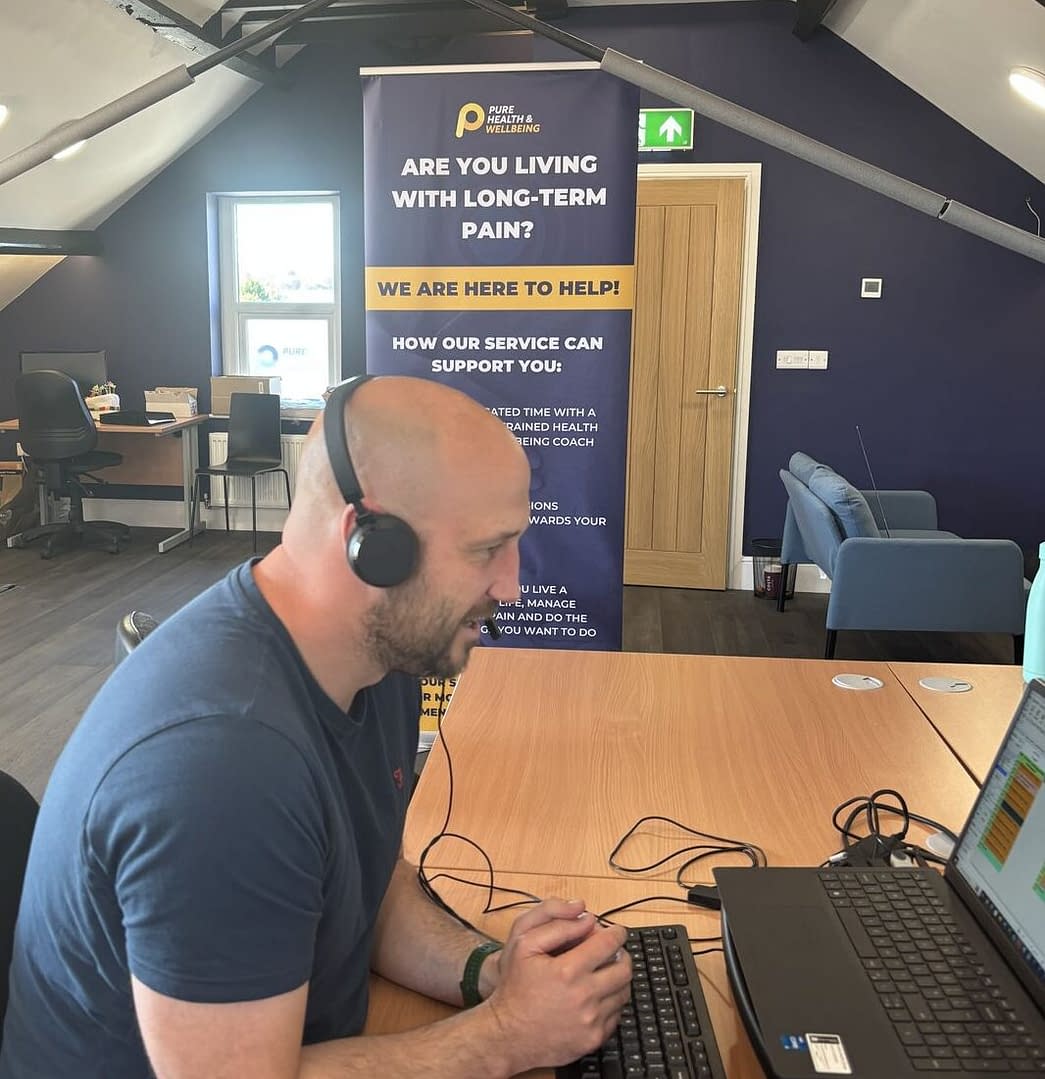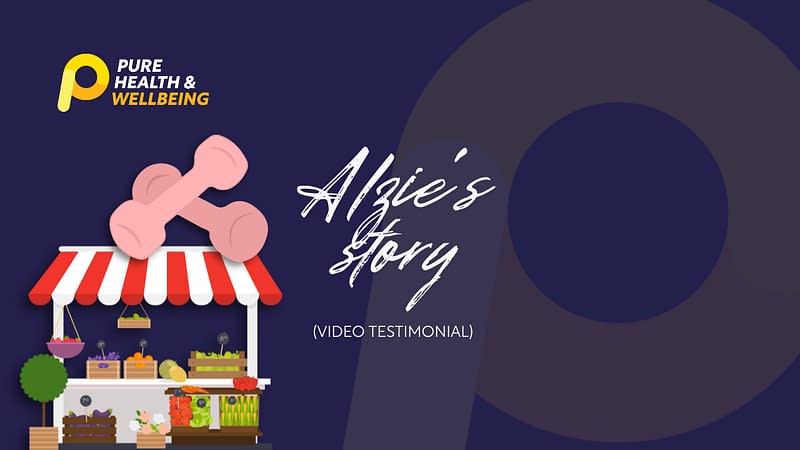Presented at Therapy Expo 27-28 November 2024. Award wining poster.
Background
High levels of long-term opioid use were identified in North Doncaster, with over 35% of the FCP caseload presenting with persistent symptoms of over 6 months.
With a waiting list of over 1 year into secondary care, this was identified as a priority to address the health inequalities and disparity of care for patients with persistent pain.
There is a growing body of research supporting Health and Wellbeing Coaching to support people with persistent pain and long-term conditions. NHS England recommends health coaching and a personalised care approach to empower patients to make long-term sustainable change (NHS England, 2023).
Aims
- To provide a primary care persistent pain support service in Doncaster aimed at supporting patients living with long term pain.
- To formulate a deprescribing initiative in collaboration with GPs and pharmacists.
- To evaluate the cost effectiveness of health coaching led persistent pain services in primary care.
- To measure improvements in quality of life and ability to manage persistent independently.
- To measure the impact on GP appointments.
Methods
- Using proactive searches, patients diagnosed with persistent pain, fibromyalgia or with prescriptions of opioids and/or gabapentinoids were contacted.
- The initial assessment was conducted by a FCP. Patients were seen by a Health and Wellbeing Coach. Where appropriate a review by the GP was organised.
- 116 patients were enrolled in the programme in total.
- The pain self efficacy questionnaire (PSEQ) was utilised, a validated outcome measure in chronic pain that is closely related to quality of life and effective management of long term conditions.
- A cost analysis was undertaken in collaboration with the lead pharmacist.
- Patient feedback was collected to assess the impact on lived experience.
Results
- Patient feedback was extremely positive with patients reporting that improved understanding of their pain and positive management strategies allowed them to reach their personal goals.
- Improved pain self efficacy and quality of life with a 50% average increase in PSEQ.
- GP appointments saved, with 72% of patients not visiting the GP during the programme.
- Effective deprescribing with 93% of patients taking part in deprescribing reducing or completely stopping their medication.
- Demonstrated cost saving of £119 per patient per year on prescriptions alone.
Patient Feedback
‘’I am now working with my pain and not against it and am feeling so much better! Pacing has been useful, and the programme has helped me to understand that rather than rushing, slowing down helps me manage my pain better – thank you!”
“I was very nervous of coming off the meds as I had been on them for so long. But it was explained to me about interactions between all my meds. It’s the best thing I have done in years. I feel great, I used to have brain fog but no more.”
Discussion
This audit demonstrated the positive impact on patients living with chronic pain with consistent improvements in pain self-efficacy and patient feedback. Patient feedback often mentioned the caring and empathetic style that is the foundation of personalised care.
The coaching approach, recommended by NHS England was found to be extremely effective at empowering patients to reduce medications. The impact on Primary Care is difficult to quantify, when considering reduction of GP appointments and improved overall health and wellbeing the true cost saving is likely to be much higher.
Pain Self Efficacy Questionnaire Breakdown
Conclusion
This service model shows it can be effective and cost saving, this has potential to be a foundation for better supporting persistent conditions in primary care. Innovative strategies that include collaboration of health care professionals in primary care should be integral in tackling the challenges of persistent pain.
Deprescribing and effective management of patients living with persistent pain are key issues driving inequalities in health.
“I believe the model works and might be a foundation for better supporting many persistent conditions in the community. I have been doing deprescribing for many years and this is probably the first time patients have demonstrated such levels of compliance.” Dr Charlotte Ferguson – GP with special interest in persistent pain and deprescribing.





